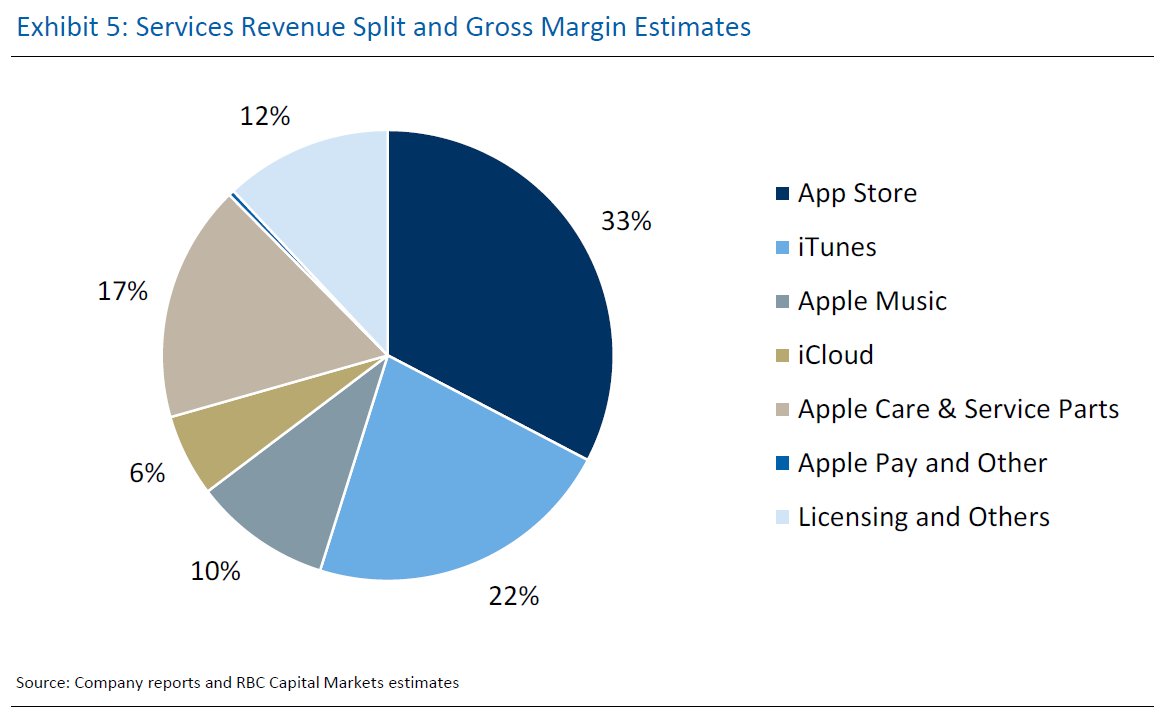In many cases there are no symptoms of high potassium which means the damage could be occurring without the patient even realizing it. Normal levels are 35-50 mEqL milliequivalents per liter and very high levels are anything above 70 mEqL.
/hyperkalemia-symptoms-5ad4e0b0642dca00363403f9.png) Signs And Symptoms Of Hyperkalemia High Potassium
Signs And Symptoms Of Hyperkalemia High Potassium
To diagnosis high potassium.

Extremely high potassium levels. Angiotensin-converting enzyme ACE inhibitors. Potassium levels between 51 mEqL to 60 mEqL reflect mild hyperkalemia. A high potassium level in the blood creates a condition known as hyperkalemia 1.
Too much potassium in your blood can lead to heart conditions such as an arrhythmia. Hyperkalemia or high potassium is a condition in which you have too much potassium in your blood. Other causes of hyperkalemia include.
Technically hyperkalemia means an abnormally elevated level of potassium in the blood. The most common cause of genuinely high potassium hyperkalemia is related to your kidneys such as. Your blood potassium level is normally 36 to 52 millimoles per liter mmolL.
Some symptoms of high potassium levels include muscle weakness. Drawing blood for diagnostic purposes may lead to false high potassium readings. The medical name of this condition is hyperkalemia.
Untreated hyperkalemia can be life threatening resulting in irregular heartbeats. Having a blood potassium level higher than 60. Hyperkalaemia is a condition where you have too much potassium in your blood.
When not recognized and treated properly severe hyperkalemia results in a high mortality rate. Hyperkalemia is the medical term that describes a potassium level in your blood thats higher than normal. Potassium is a mineral that helps to keep your nerves and muscles working properly.
Weak slow or irregular pulse. The current daily value DV for potassium is 4700mg recently increased from 3500mg by the FDA. An extremely high potassium level can cause a heart attack and requires immediate medical care.
Potassium is a chemical that is critical to the function of nerve and muscle cells including those in your heart. The normal potassium level in the blood is 35-50 milliequivalents per liter mEqL. High potassium levels may lead to nausea.
Effects of High Potassium. Too much potassium can. High potassium levels in the body may cause muscle spasms.
This condition is also known as an. Or even sudden collapse. Addisons disease adrenal insufficiency Angiotensin II receptor blockers.
Signs like fatigue and muscle weakness are easy to dismiss. Our data suggest that the optimal range of serum potassium levels in AMI patients may be between 35 and 45 mEqL and that potassium levels of. Fortunately you can increase your blood potassium levels by simply consuming more potassium-rich foods like beet greens yams white beans.
Hemodialysis might be used to treat extremely high potassium levels. You get potassium from food but this potassium can build up in your body if you have kidney problems. Extremely high levels of potassium in the blood severe hyperkalemia can lead to cardiac arrest and death.
High potassium levels can cause fatigue and nausea. High potassium level is a problem in which the amount of potassium in the blood is higher than normal. Vegetables high in potassium include beet greens lima beans Swiss chard potatoes acorn squash spinach boy choy mushrooms tomatoes and sweet potatoes.
A low-potassium diet and medication changes often bring potassium numbers to a safe level. Normal levels are 35-50 mEqL milliequivalents per liter and very high levels are anything above 70 mEqL. Too much potassium can cause health problems such as a heart attack.
You may also have a potassium test if you have diabetes and your doctor thinks you may have diabetic ketoacidosis a complication caused by a lack of insulin in the body. People with hyperkalemia have high potassium levels in their blood. According to the National Kidney Foundation a blood potassium level higher than 5 mmolL indicates hyperkalemia.
If you have high potassium levels your heart muscle activity may be reduced. Both situations are serious and can be life threatening.

:max_bytes(150000):strip_icc()/netflix-dvd-plans-68a7388bcabd431e978accaaca9e4da5.png)










